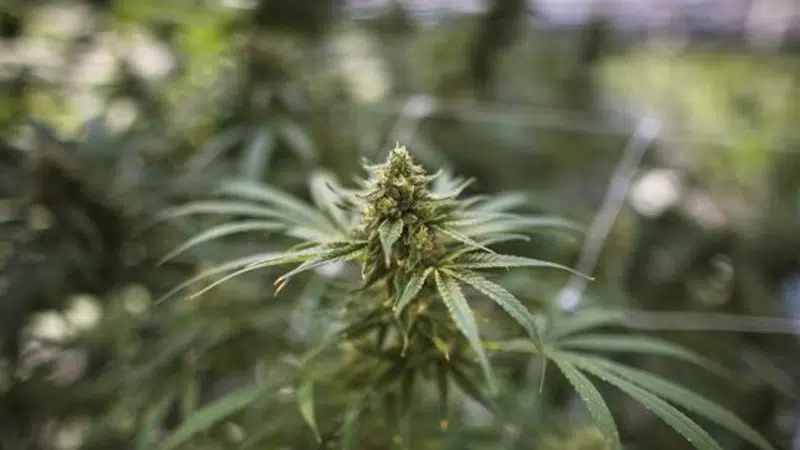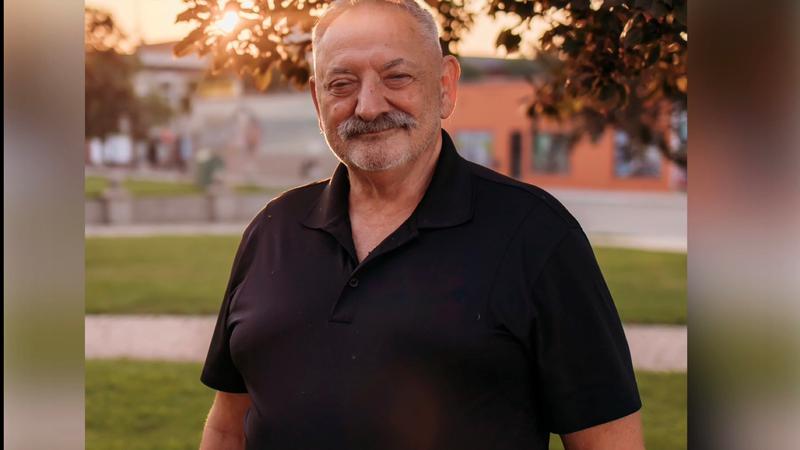
Former NHL players to take part in study to test cannabis-based therapies
TORONTO — One of Canada’s foremost brain injury experts said he’s “reasonably hopeful” that there is potential for the medicinal value of cannabinoids to be combined with other treatments to help those affected by post-concussion issues.
Dr. Charles Tator, a neurosurgeon at Toronto Western Hospital’s Canadian Concussion Centre, weighed in on the subject after the NHL Alumni Association’s recent announcement that it would participate in a clinical research partnership with NEEKA Health Canada and the Canopy Growth Corporation. The yearlong study will test if cannabis-based therapies can help reduce the severity of neurological issues among former pro hockey players and improve their quality of life.
“I think it’s worth a try,” Tator said. “I’m reasonably hopeful. But you know as a brain surgeon and concussion researcher, you have to be optimistic. You have to feel that somebody is going to get it right and we’re going to make a hit and there will be a breakthrough in this field. We really need better treatments.”


